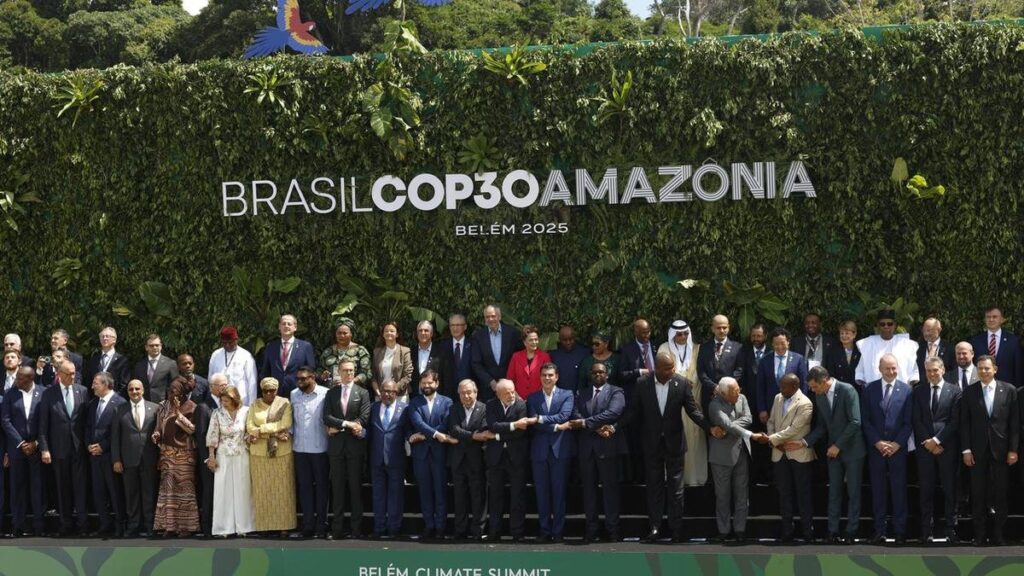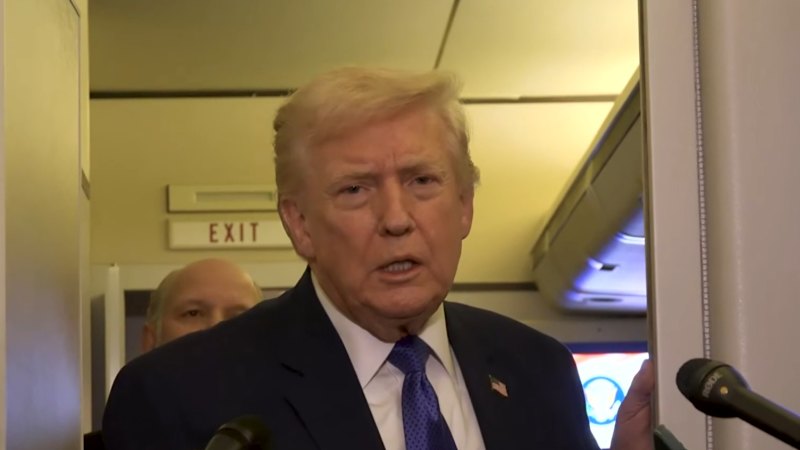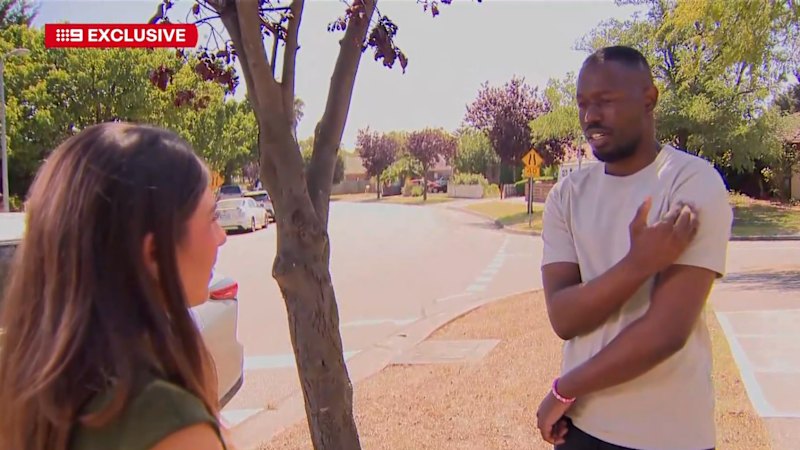
UPDATE: In a significant breakthrough at the UN climate summit, Brazilian President Luiz Inácio Lula da Silva has secured strong backing from German Chancellor Friedrich Merz for a groundbreaking fund aimed at preserving the world’s tropical forests. This urgent support comes as leaders gather near the critically endangered Amazon rainforest to address climate change, with Brazil actively seeking financial commitments to protect its vital ecosystems.
During a pivotal meeting, Chancellor Merz confirmed that Germany would make a “considerable” pledge to the Tropical Forest Forever Facility, although the exact figure remains undisclosed. Merz stated,
“We are supporting this initiative; Germany is contributing considerably. If Germany says ‘considerable,’ it will be considerable.”
This fund is designed to attract investments totaling $125 billion to incentivize 74 developing countries for each hectare of forest they conserve, aiming to significantly reduce deforestation.
The initial day of the summit saw an impressive $5.5 billion in pledges from countries including Norway and France, demonstrating a united front for forest conservation efforts. The innovative funding approach relies on interest-bearing debt rather than donations, ensuring that the fund can generate returns to repay creditors while rewarding nations for maintaining forest cover. Furthermore, 20 percent of the compensation provided to governments must be set aside for indigenous peoples, crucial stewards of these lands, as emphasized by Brazil’s Indigenous Peoples Minister Sonia Guajajara.
The Amazon and other forests play a critical role in regulating the climate by absorbing carbon dioxide, a greenhouse gas responsible for global warming. As the summit progresses, tribal representatives from Brazil and neighboring countries highlight the human impact of environmental degradation, showcasing the urgent need for effective action.
Despite these advancements, the summit also reveals deep divisions among nations regarding greenhouse gas emissions. Notably, the absence of senior officials from the United States, which contributes over 10 percent of global emissions, casts a shadow over the proceedings. The leaders of major polluting nations, including China, India, and Russia, also skipped the preliminary gathering, indicating a lack of consensus on moving towards net-zero commitments.
Brazil’s approach under Lula, who balances climate advocacy with an expansion of the nation’s oil and gas production, underscores the complexities of global climate negotiations. Just weeks before the summit, Lula’s administration permitted state-controlled oil company Petrobras to explore for crude oil near the mouth of the Amazon River, raising concerns about the implications for conservation efforts.
As time runs out to meet the 1.5 degrees Celsius target set by the Paris Agreement, officials stress the urgency of decisive action. With last year recorded as the hottest on record, every fraction of a degree increases the risk of severe weather events, including intensified storms and prolonged droughts.
Looking ahead, the ongoing discussions are critical. Lula is expected to address the summit again, but he will briefly step away to attend urgent meetings in Colombia regarding rising tensions over alleged drug-smuggling operations linked to Venezuela. The world is watching closely as these crucial negotiations unfold, with hopes that they will lead to actionable commitments to safeguard the planet’s remaining forests.
Stay tuned for more updates as this developing story continues to unfold.






